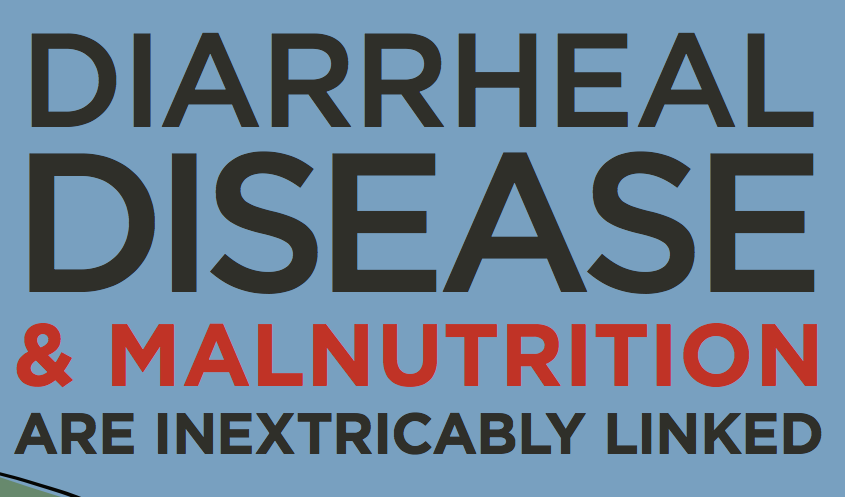Zinc and low osmolarity oral rehydration salts for diarrhoea: a renewed call to action
|
Diarrhoea remains a leading cause of death among infants and young children, accounting for 18% of child deaths and 13% of all disability-adjusted life years (DALYs). If the United Nations Millennium Development Goal (MDG) 4 for reducing child mortality by two-thirds is to be met by 2015, greater attention must be given to reducing diarrhoea morbidity and mortality. In May 2004, WHO and the United Nations Children’s Fund (UNICEF) released a joint statement to decrease diarrhoea deaths among the world’s most vulnerable children. This statement recommended two simple and inexpensive changes: i) the switch to a new lower osmolarity formulation for oral rehydration salts (ORS) that reduces the need for intravenous fluids and shortens the duration of the episode; and ii) the introduction of zinc supplementation for 10–14 days, as an adjunct therapy that decreases the duration and severity of the episode and the likelihood of subsequent infections in the 2–3 months following treatment.
To read the rest of this World Health Organization bulletin click here.














